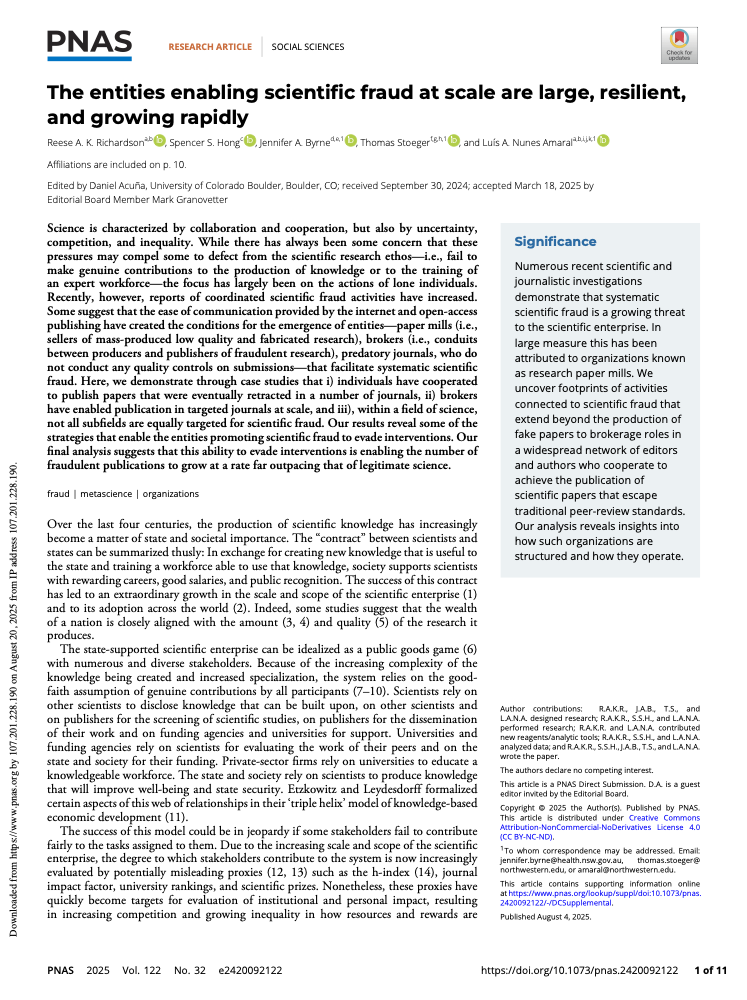Reviewer3
Multi-agent peer review trusted by
thousands of researchers










Trusted by Researchers Worldwide
88% rated better or equal to human reviews • 10,000+ sessions • 140+ countries
"The final decision on whether to accept a paper for publication depends on factors that only an experienced human can properly judge. But all of the upstream work—the technical checks and the data verification—is perfectly suited to being handled by AI. And that's exactly where the value of Reviewer3 really shines."
Prof. Adriano Aguzzi
University of Zurich
"Reviewer3 exceeded our expectations as a tool for helping us to improve our manuscripts. We are hoping this will improve and expedite review outcomes when we submit our Reviewer3 improved papers to academic journals."
Prof. Matt Tegtmeyer
Purdue University
"Tools like Reviewer3 can help ensure reviews are unbiased, thorough, and detail-oriented, raising the overall quality and consistency of peer review. I've tried Reviewer3 myself, and it truly exceeded my expectations."
Dr. Antonio Cembellin Prieto
Postdoc, Arc Institute
About Prof. Adriano Aguzzi
Adriano Aguzzi has been active in clinical and molecular neuroscience for nearly four decades. He holds an h-index of 143, and his publications have been cited approx. 80,000 times. Beyond his scientific work, he is a seasoned figure in scientific publishing: author, reviewer, editor, and — for a decade — editor-in-chief of the Swiss Medical Weekly (SMW).
Dr. Aguzzi has long advocated for reforming publication models. In his 2019 Nature article "Broken Access," he calls for a more equitable approach to open access publishing—a model that has been adopted by Swiss funding agencies. Since the inception of preprint servers, he has consistently posted his manuscripts on bioRxiv, and he is an enthusiastic supporter of Review Commons for enabling portable peer reviews.
Your Research Stays Private
Your research stays private. Encrypted in transit and at rest, never used for AI training.
Encrypted Everywhere
Data encrypted in transit (TLS 1.2+) and at rest (AES-256) on SOC 2 Type II certified infrastructure.
Never Used for Training
Your manuscripts are processed for review only—never used for AI training, and never sold to third parties.
Private by Default
Your reviews are only visible to you. Share with password-protected links you control and can revoke anytime.
Explore Real Review Sessions
Case studies where Reviewer3 identifies critical issues in real research manuscripts.
Ready for Accelerated Review?
Get comprehensive, unbiased feedback on your academic research with our advanced AI peer review system.
Start Your Review Now


